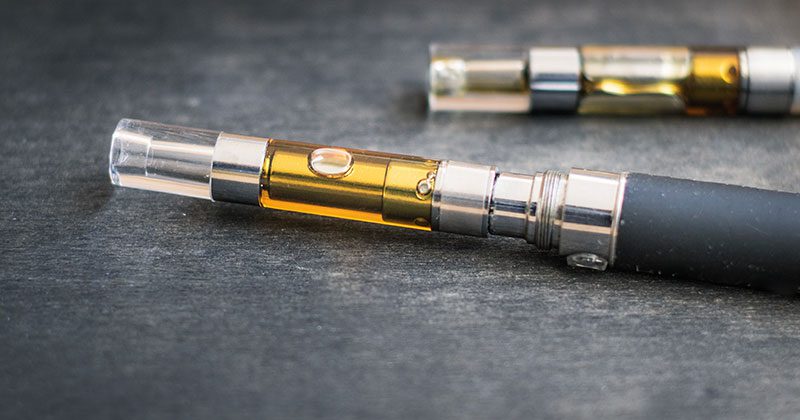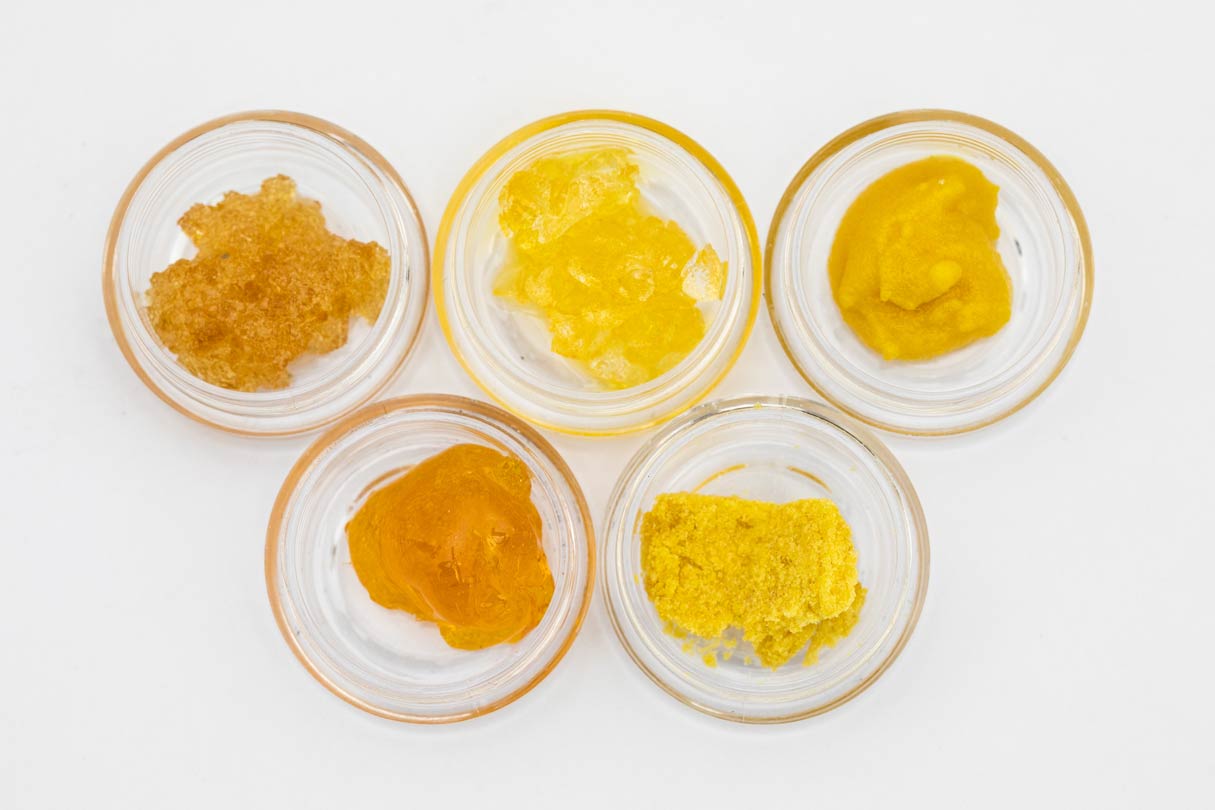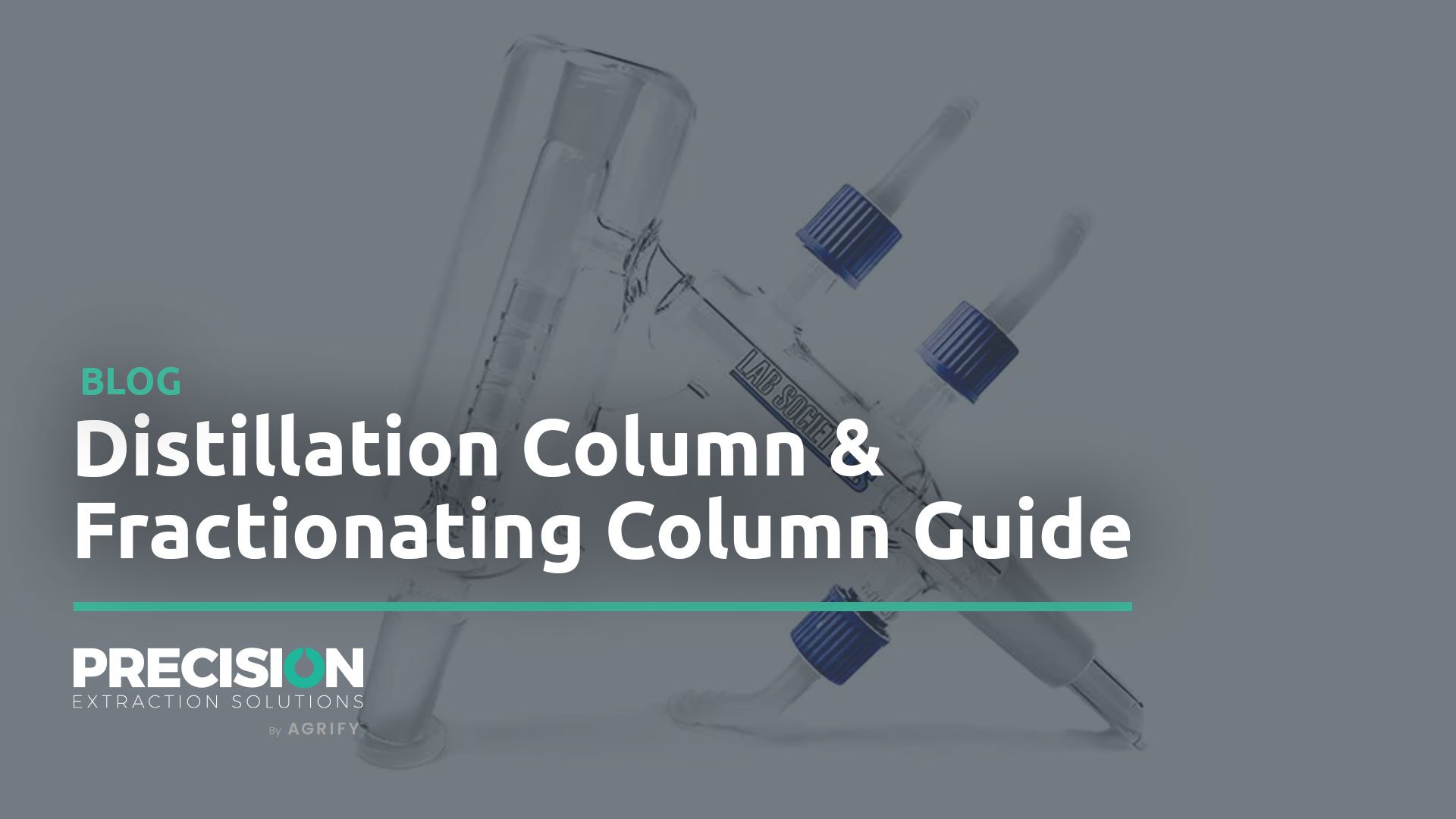
While Delta 8 and Delta 9 THC are both cannabidiols, there is a significant difference between them. A double bond in their chemical structure varies, which determines how these particular cannabidiols interact with CB1 receptors.
In this article, we’ll explore what these two cannabinoids are, where they come from, and why understanding the difference between them matters to you as a hemp or marijuana grower or processor. If you’ve ever wondered about the difference between Delta 8 vs Delta 9, or just what is Delta 9 THC, read on.
What is the Difference Between Delta 8 and Delta 9 THC?
CBD (short for cannabidiol) and THC belong to a group known as cannabinoids, and they are derived from the cannabis plant. There are over 100 different cannabinoid substances, but CBDs and THCs are responsible for most of marijuana’s desired effects, whether psychoactive or medicinal.
The Delta THC molecule interacts with CB receptors to produce multiple effects like anxiety relief, sedation, pain relief, and more. Research also suggests Delta-bound cannabinoids are an excellent option for relieving neuropathic pain, a type of nerve pain frequently experienced by cancer survivors that can be difficult to treat with prescription medication.
The only chemical difference between Delta 8 vs 9 THC is where a particular double bond is located on the chain of carbon atoms. Delta 8 has a double bond on the eighth carbon atom in its molecular structure; Delta 9 has a double bond on the ninth carbon atom.

While some people might say there are no significant differences to be found when comparing these two compounds side by side, this slight chemical distinction can lead to cognitive changes and physical effects. Users considering whether to choose Delta8 vs Delta9 are choosing between two decidedly different products.
Is Delta 9 Stronger Than Delta 8?
What is Delta 9? Delta 9 THC is the cannabinoid that most marijuana users are looking for when they want to get a euphoric high and is what most people refer to when they say “THC.” Delta 9 binds with CB-1 receptors in the brain and can produce strong psychoactive effects like elation, relaxation, talkativeness, and laughter, and on the negative side, possibly anxiety and paranoia.
Delta 8 THC may produce mild psychoactive effects, though they are much less impactful than Delta 9 THC. Delta 8 users may be looking for the medicinal effect of this form of THC, like pain relief, anxiety reduction, reduced inflammation, and relief from insomnia.
How is Delta 8 made?
Delta 8 is found in cannabis plant material in minimal amounts and harvesting enough raw plant material to profit off the low levels of Delta 8 would take too much time, effort, and money. Instead, growers look to processors to extract and effectively concentrate Delta 8 from the raw plant material, and fortunately for hemp producers who want to extract this compound, CBD can be converted into pure Delta 8.
Delta 10
The difference between Delta 8, 9, and 10 are the molecular composition and the effects on the body. Less is known about Delta-10 THC, which appears in cannabis in very trace amounts, as little research has yet been done on it. As more research on cannabinoids is published, we’ll have more insights into Delta 8 vs 9 vs 10.
Why Delta 9 vs Delta 8 Matters to You
Should your business invest in Delta 8 processing? That may or may not be a good idea.
Hemp-derived cannabinoids, extracts, and derivatives are now, from some perspectives, 100% legal. The 2018 Farm Bill explicitly states all hemp derivative cannabinoids, including their extracted forms, are now legal, with no qualifications, making Delta 8 seem perfectly legal. Prohibited ingredients in the Farm Bill are limited to Delta 9 THC derived from marijuana. However, state governments are looking at Delta 8 and changing their laws to make it illegal at the state level. The market is potentially volatile and, as a “hot new product,” could make investors vulnerable to market price crashes.
Many states, including Michigan, have encountered operators selling unregulated Delta 8 products that aren’t subject to legal oversight. This could negatively impact the reputation of Delta 8 over time (as well as the product manufacturer), particularly if the industry doesn’t self-regulate.
As the popularity of Delta 8 has grown more recently, there is now a corresponding interest in finding other cannabinoids that are similar or have the same molecular structure. The conversion process from one cannabinoid to another is relatively straightforward because they share an incredibly close resemblance in their molecular structures. Lab technicians use this naturally occurring phenomenon when transforming common cannabinoids into more rare and exotic isolates like CBG and THCV.
*PLEASE NOTE: These statements have not been evaluated by the Food and Drug Administration. This is not intended to diagnose, treat, cure, or prevent any disease. Please see a medical professional for any diagnosis and medical treatment.








